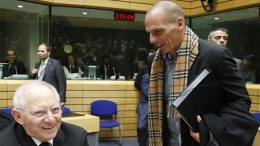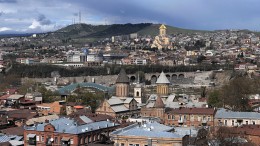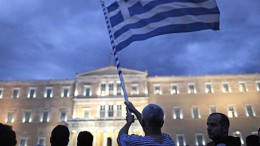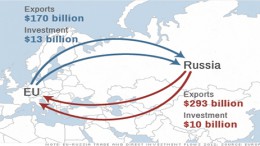Greece granted bailout extension
By Alexandre Mato in BRUSSELS & Sean Duffy in MADRID | A day of hard negotiations finally produced a positive outcome.Greece will work throughout the weekend to ready proposals for Monday´s meeting, but politicans were visibly relieved after an arduous week.










